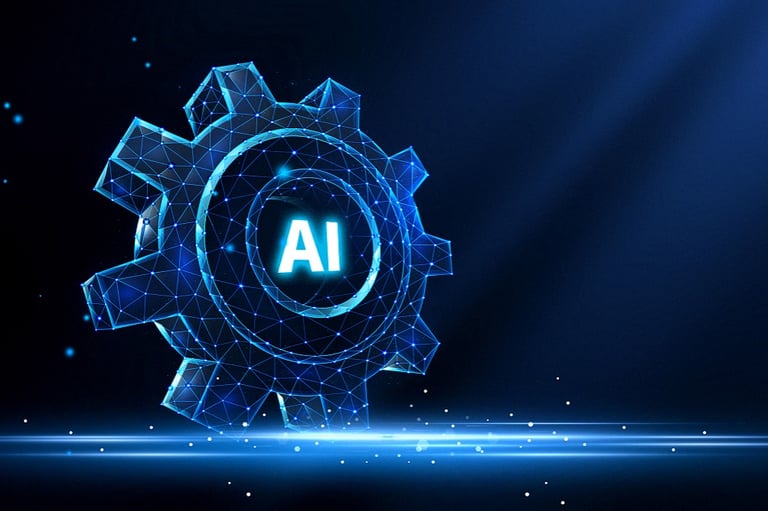AI Plus: Revolutionizing Global Competitiveness in Manufacturing, Robotics, and Smart Technologies by 2035
August 27, 2025
AI is a strategic technology shaping productivity, industrial upgrading, and stronger competitiveness, according to leading experts.
Industry leaders and experts push AI Plus as a driver of growth, boosting productivity and global competitiveness across manufacturing, robotics, autonomous vehicles, smart homes, and the industrial internet.
Haier’s Zhou Yunjie and Aveva’s Cui Jingyi highlight AI deployment in manufacturing and consumer electronics, plus collaboration with local partners to expand AI across homes, the industrial internet, and R&D.
Sustained implementation requires breakthroughs in basic research, core technologies, and infrastructure, along with building an intelligent industrial ecosystem, open-source community, and stronger regulation and security.
The initiative aims to raise total factor productivity and accelerate AI integration with the real economy, enabling new business forms and consumer growth through AI-enabled products and services.
By 2027, AI is expected to reach over 70% penetration in new-generation intelligent terminals and AI agents, with more than 90% by 2030, signaling progress toward an intelligent economy by 2035.
China seeks deep AI integration across economy and society under the State Council’s AI Plus guideline.
Targets include widespread penetration of AI across sectors by 2027 and 2030, advancing toward an intelligent economy and society by 2035.
The guideline focuses on advancing AI model capabilities, data supply, computing power, and talent, leveraging China’s data resources and large market with supportive policy.
It also emphasizes improving basic research and infrastructure to build an intelligent industrial ecosystem and open-source community, while noting the need for core-tech breakthroughs and stronger security.
AI Plus is framed as a path to new growth drivers and new industries—like intelligent robots, self-driving and smart devices—boosting global competitiveness.
Experts expect AI to transform traditional industries—steel, textiles, equipment manufacturing—toward high-end, intelligent, and green development, and to spur new strategic sectors and consumption growth.
Summary based on 2 sources

